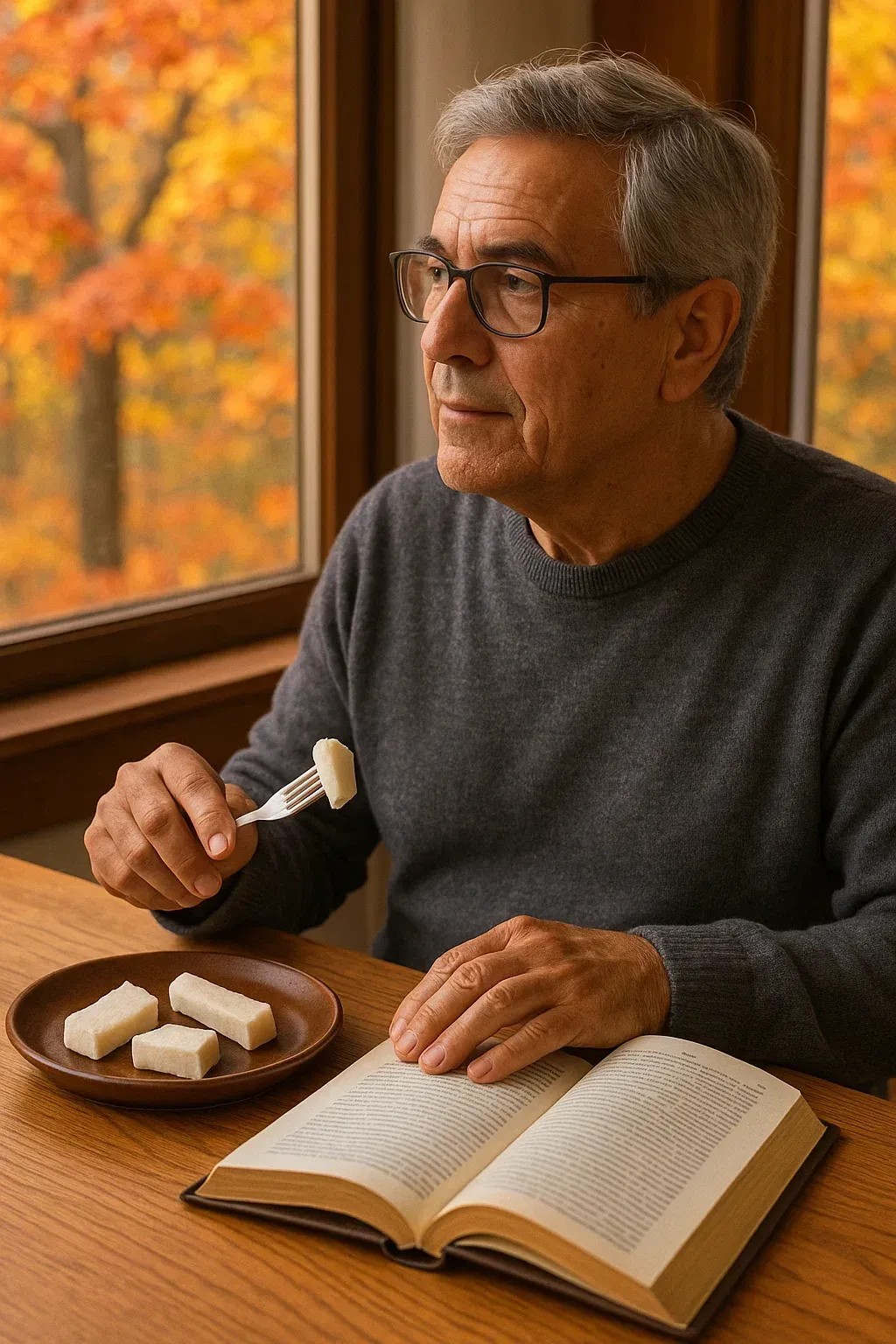Nature's Nectar: A Holistic Wellness Guide to Honey (꿀) in Herbal Medicine
Nature's Nectar: A Holistic Wellness Guide to Honey (Feng Mi, 蜂蜜) in Herbal Medicine
While many traditional remedies come from roots and leaves, sometimes the most profound medicine is the simplest and sweetest. Honey, known in Traditional Chinese Medicine (TCM) as Feng Mi (蜂蜜), transcends its role as a common sweetener. It is a vital and versatile medicinal agent, highly valued for its ability to harmonize, nourish, and heal. As a holistic wellness expert, I often incorporate honey into herbal routines, not just for its taste, but for its deep therapeutic properties that support everything from digestion to lung health.
More Than Sweetness: The Therapeutic Role of Feng Mi
In TCM, Feng Mi is considered neutral and sweet, targeting the Spleen, Stomach, Large Intestine, and Lung meridians. Its actions are primarily focused on tonifying (nourishing) the Spleen and Stomach, moistening the Lungs, and detoxifying the body. Unlike the targeted, potent action of a root like ginseng, honey acts as a gentle, foundational healer and a harmonizer that makes other herbs more effective.
Modern science confirms that honey is a complex substance, containing a rich blend of simple sugars, amino acids, vitamins, minerals, and most importantly, potent antioxidants and antimicrobial compounds.
The Science-Backed Benefits of Honey in Herbal Context
Modern research supports the traditional uses of Feng Mi, highlighting its role in promoting bodily balance:
- Soothing the Lungs and Relieving Coughs: One of the most common and scientifically validated uses of honey is for cough suppression. Its viscous texture coats the throat, reducing irritation, while its anti-inflammatory and antioxidant properties help calm the respiratory tract. For Lungs that feel dry or scratchy (a common TCM diagnosis), Honey provides essential moisture and nourishment.
- Nourishing and Harmonizing Digestion: As a foundational tonic for the Spleen and Stomach (TCM's digestive center), honey is used to ease digestive discomfort, soothe intestinal irritation, and help regulate bowel movements. Its natural prebiotic properties feed beneficial gut bacteria, making it an excellent gentle ally for overall gut health and assimilation of nutrients.
- Enhancing Herbal Efficacy (The Harmonizer): In many traditional formulas, a small amount of Honey is added to act as a harmonizer. It helps blend the tastes of different herbs, making the formula more palatable, and is believed to guide the actions of the other herbs to their proper destination in the body. It helps the body receive the medicine smoothly and effectively.
- Wound Healing and Antimicrobial Action: For external use, honey's natural antimicrobial properties and low pH create an environment hostile to bacteria, making it an excellent traditional (and modern) topical agent for minor cuts, burns, and skin irritations.
Incorporating Honey into Your Wellness Routine
Integrating Feng Mi into your regimen is simple and delicious, but quality matters. Always choose raw, unpasteurized honey, as the heat from pasteurization can destroy the beneficial enzymes and compounds.
- Sweeten Herbal Teas: Use it to balance the bitter flavors of medicinal teas (like the aforementioned Reishi or other traditional blends).
- Direct Dose for Coughs: Take a teaspoon of raw honey straight, or mix it with a squeeze of lemon juice for throat soothing.
- Prebiotic Nudge: Stir a teaspoon into warm water in the morning to gently support the digestive system.
Important Cautions: Honey should never be given to infants under one year old due to the risk of botulism. Diabetics should consume honey sparingly due to its sugar content.
Honey is a powerful reminder that holistic health doesn't have to be complicated. By honoring this simple, sweet, and versatile ingredient, you are tapping into a timeless source of nourishment, healing, and harmony.
- Dr. Chungmoo "John" Huh, DAcCHM, L.Ac, Dipl. OM -











